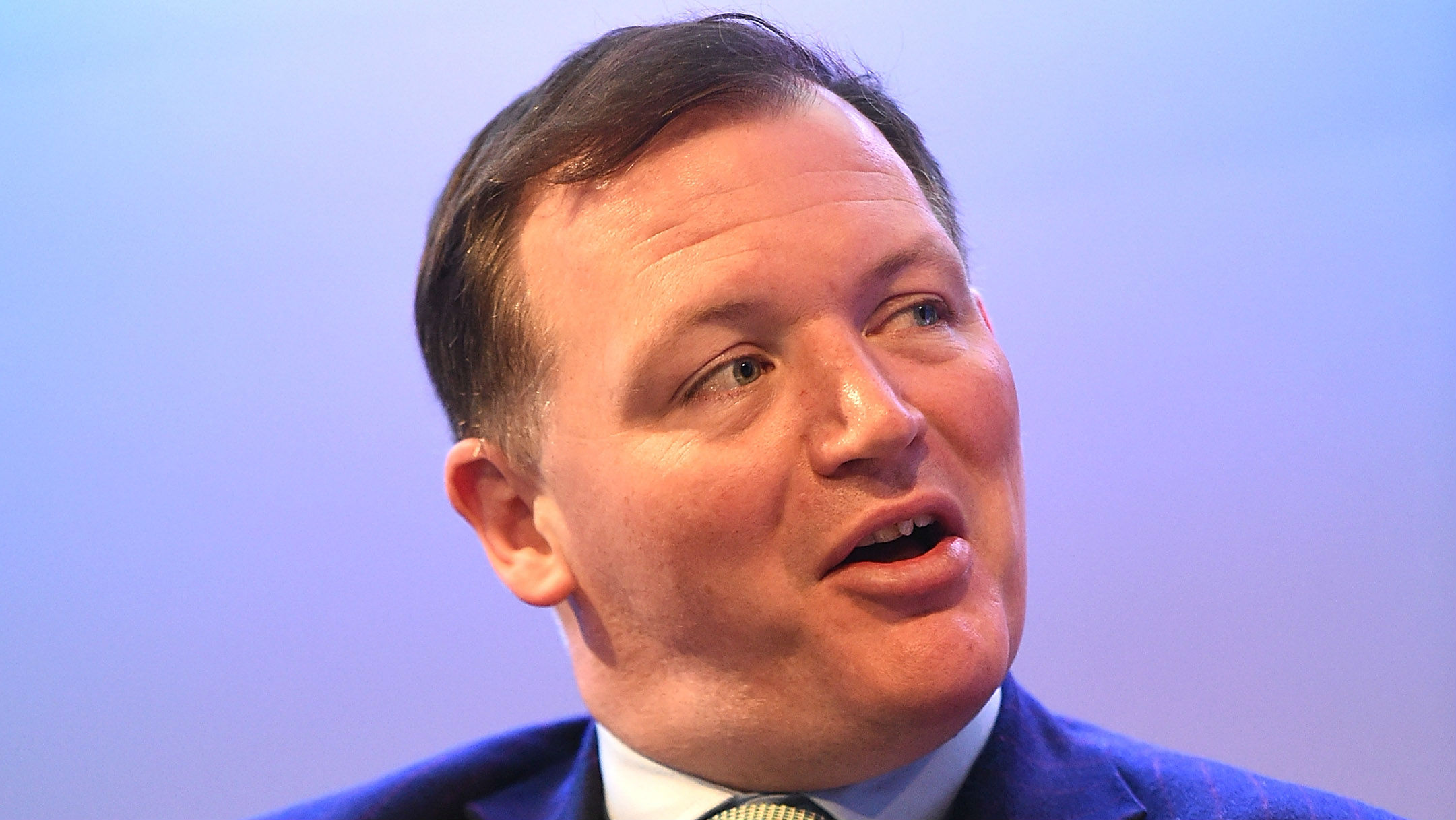Fake news inquiry: What will MPs examine?
Cross-party group to examine 'growing phenomenon' of distorted information

A free daily email with the biggest news stories of the day – and the best features from TheWeek.com
You are now subscribed
Your newsletter sign-up was successful
A parliamentary inquiry has been opened into the "growing phenomenon" of so-called "fake news".
MPs on the culture, media and sport committee will examine the effects of hoax news reports following concerns that voters in the US were faced with "unprecedented amounts" of false stories during the presidential campaign and that this may have had a "significant impact on democratic processes".
Committee chairman Damian Collins, the Conservative MP for Folkestone and Hythe, said the "growing phenomenon of fake news is a threat to democracy and undermines confidence in the media in general".
The Week
Escape your echo chamber. Get the facts behind the news, plus analysis from multiple perspectives.

Sign up for The Week's Free Newsletters
From our morning news briefing to a weekly Good News Newsletter, get the best of The Week delivered directly to your inbox.
From our morning news briefing to a weekly Good News Newsletter, get the best of The Week delivered directly to your inbox.
He added: "Just as major tech companies have accepted they have a social responsibility to combat piracy online and the illegal sharing of content, they also need to help address the spreading of fake news on social media platforms.
"Consumers should also be given new tools to help them assess the origin and likely veracity of news stories they read online."
The inquiry will focus on:
- the definition of fake news and the grey area between biased but legitimate commentary and propaganda and lies;
- the impact fake news has on the public's understanding of the world and their response to traditional journalism;
- whether people from different age groups, countries, social backgrounds and genders respond differently to fake news;
- the impact of changes in the advertising industry on the growth of fake news;
- the responsibilities of search engines and social media platforms to root out fake news;
- how to educate people about assessing different news sources, and
- how other governments have responded to fake news.
Several websites are thought to deliberately publish disinformation and other factually inaccurate news, using social networks to increase web traffic and mislead readers for financial or political gain. "Jokes taken at face value, large-scale hoaxes, slanted reporting of real facts and stories where the 'truth' is contentious" also count as fake news, says the Daily Telegraph.
A free daily email with the biggest news stories of the day – and the best features from TheWeek.com